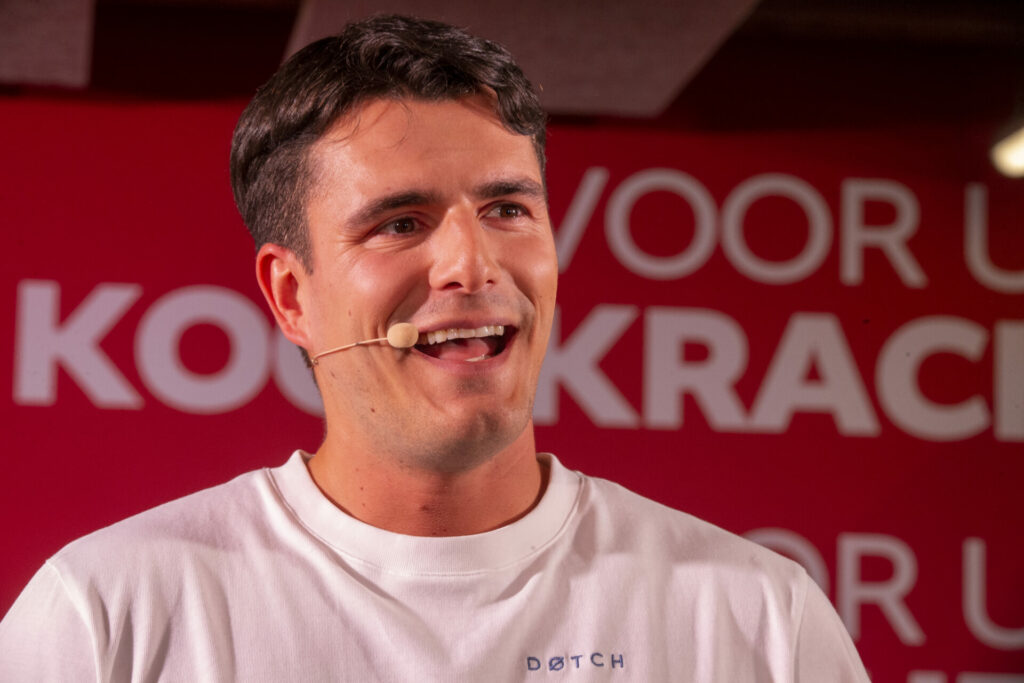If the Flemish separatist, rightwing N-VA party does not want to be part of Belgium's Federal Government in 2024 without confederalism, it will have to accept that it will simply not govern, said the leader of the Flemish social-democratic Vooruit party, Conner Rousseau.
At the end of November 2022 (a year and a half before the next elections), N-VA leader Bart De Wever stated that his party will not be part of Belgium's new Federal Government in 2024 without confederalism – in which more powers and competencies would go to the regions, instead of the centralised Federal Government.
"If it will be confederalism or nothing, then it will be nothing for De Wever," Rousseau said in an interview with Humo magazine. "You need a two-thirds majority for that, and there isn't one. His demand will only result in the formation of the Federal Government being halted for another two years. I do not fancy that, because the challenges are huge."
He added that while N-VA is currently not part of the Federal Government, it has been in the Flemish Government for 17 years, where it is organising "the misery of tomorrow: the neglect of childcare and the teacher shortage in education lead to language deficits, school drop-outs and unemployment."
'Vlaams Belang has no solutions'
Rousseau stressed that "the preservation of our democracy" is at stake for the 2024 Federal Elections. "If far-right Vlaams Belang becomes the biggest party, and together with N-VA gets a majority of the votes, I fear that De Wever will no longer be able to remain in control. It could lead to the total implosion of our country, in which case we will lose a lot. Wherever extremes come to power, freedom and prosperity decline."
As a counter-argument in a recent interview on Flemish television, Vlaams Belang leader Tom Van Grieken gave the example of Austria, where the populist, nationalist FPÖ (Freiheitliche Partei Österreichs, the 'Freedom Party of Austria') has again become the biggest party.
"But there, the far-right stumbled after a few months into the biggest fraud scandal in Austrian history," Rousseau pointed out. "It just does not work, [Vlaams Belang] has no solutions. After the riots in Brussels, they suggested sending the rioters 'back to their country.' So is that from Molenbeek to Borgerhout then? Those guys were born here."
Related News
- 'Confederalism or nothing': N-VA sets condition for joining next Federal Government
- Forming a Federal Government will not be possible in 2024, says De Wever
- Belgian politics for dummies: Who is in power where?
In the same interview, he also doubled down on stigmatising comments he previously made about Molenbeek when he said he did not feel like he was in Belgium in the Brussels municipality, despite having been accused of appealing to the far-right and using his statements to attract Flemish nationalist voters.
Rousseau added that while it seems as if Vlaams Belang is still growing, the party is almost at its limit. "Many people never want to vote for that party, because they know what terrible things those bigots are capable of."
"But even by voting for the [radical left] PVDA, you support the extreme right: it just makes governing more difficult. If you are left-wing and hate the extreme right, you should vote for parties that can offer counterbalance."

